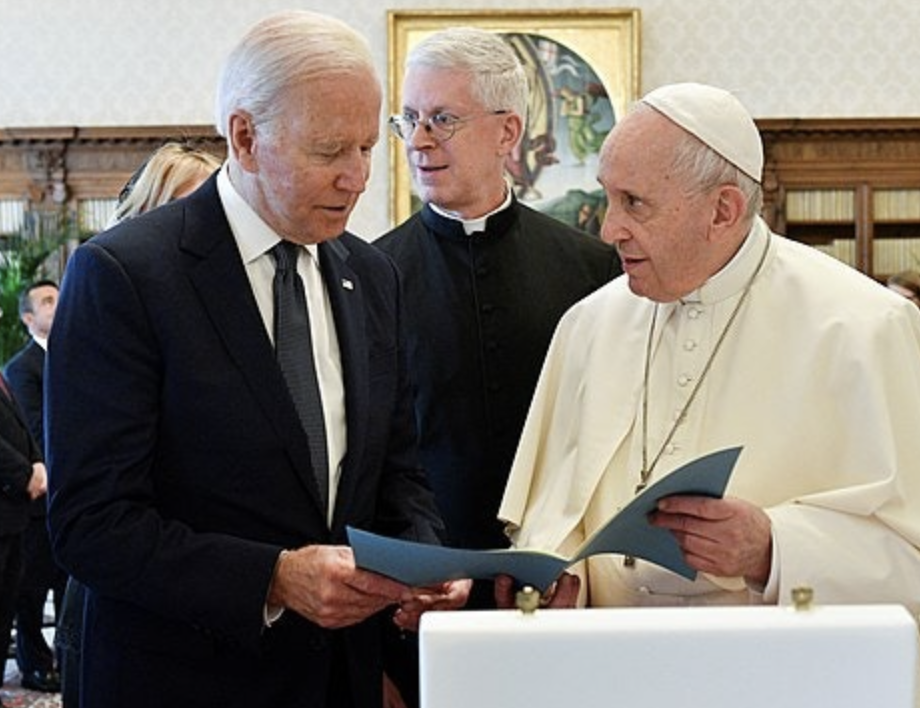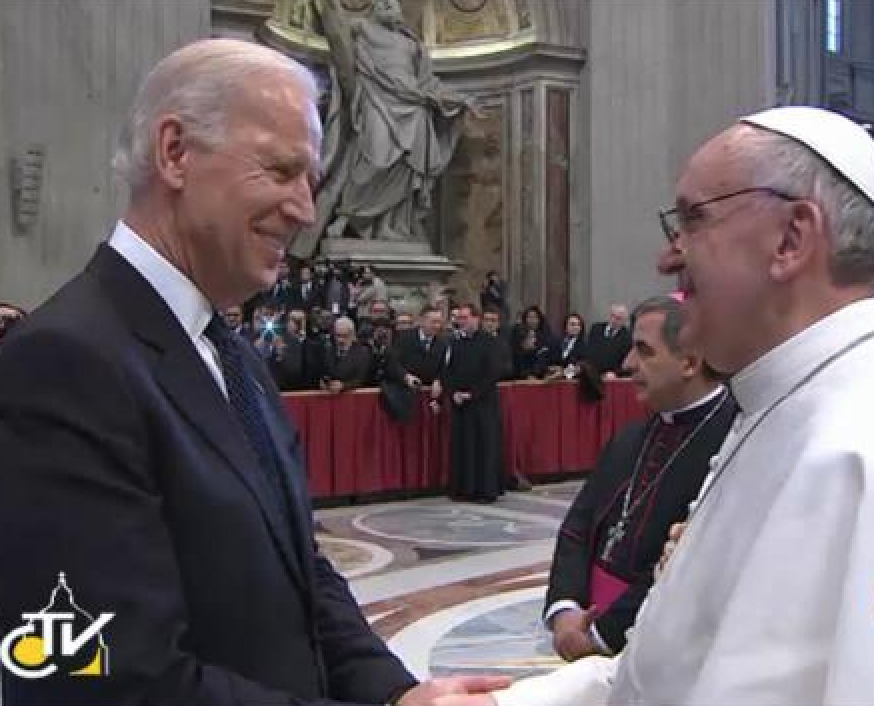When U.S. Catholic bishops gathered in Baltimore in 2023, they were prepared to vote on an updated document for believers seeking guidance in voting booths.
The draft prepared beforehand called abortion "a preeminent priority" for the bishops, but not – in a rhetorical switch – their most important issue in political life. Editors at The Pillar website obtained a copy of the proposed language and published a news story.
"Well, a number of bishops read that in The Pillar," noted Ed Condon, one of the website's two founders, "so several of them proposed amendments to change the text to stronger language. … More than one bishop told us he was only informed about the issue because he read it in The Pillar."
The final text included this phrase: "The threat of abortion remains our preeminent priority." In moral theology terms, "a preeminent priority" is quite different from a statement that abortion remains "our preeminent priority." That bright red line has caused fierce debates, especially with a pro-abortion-rights Catholic in the White House.
A heated opinion piece would have generated as many, or more, reader "clicks" than a hard-news report, which would have been "good for business," noted Condon.
Opinion is cheap. Reporting is expensive.
"We don't have ads on our site, which means we don't make a penny from page views," he wrote, in the website's newsletter. That was a strategic choice, "because we don't ever want to set ourselves up with a perverse incentive to write sensationalist stories we aren't sure about."
In the heated environs of Catholic cyberspace, that kind of reporting will draw fierce criticism from partisans on the other side of doctrinal debates that have political, moral and cultural implications.
Catholic liberals and many mainstream journalists screamed "foul" when The Pillar printed several 2021 stories – built on patterns in cellphone data – claiming that some important Catholic clergy in the United States, and in non-tourist zones inside the Vatican, were using the hookup app Grindr. A Religion News Service column called this coverage "unethical, homophobic innuendo."








